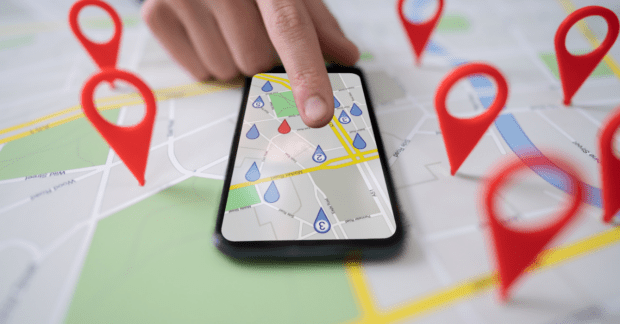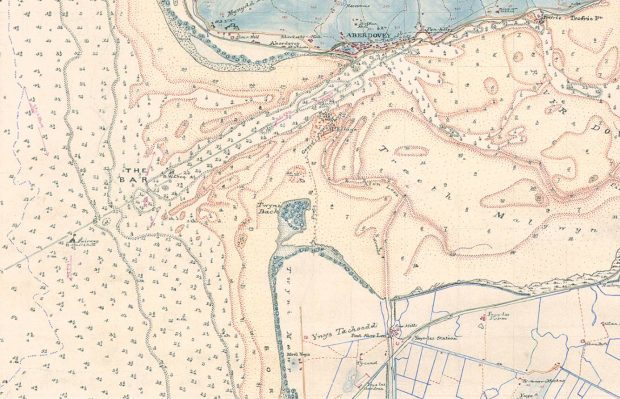Public trust in location data depends on who is using it and why, survey finds.

This blog unpacks some of the key findings of the Geospatial Commission’s survey on location data ethics.

This blog unpacks some of the key findings of the Geospatial Commission’s survey on location data ethics.

Evaluator Sophie Reid explains the evaluation process she used during the independent dialogue exploring public attitudes about location data.

Location data is a fundamental part of our lives. So why do so many struggle to value it and what is the Geospatial Commission doing to resolve this challenge?

Guest blog by Ada Lovelace Institute - The Geospatial Commission has partnered with Sciencewise, Traverse and the Ada Lovelace Institute in a new project that will open a dialogue with members of the public to gather evidence about their perspectives on the ethics of location data use.

Unlocking the value of geospatial technology requires developing more people with the right skills to work with location data, across organisations and sectors, to meet the UK’s future needs and support global development. The Geospatial Commission is collaborating with a …

The National Archives is pleased to introduce the Developer Licence 2.0. As with the licence it replaces, it is part of the UK Government Licensing Framework (UKGLF) which provides the policy and legal framework for the re-use of public sector …

The Geospatial Commission and its Partner Bodies have collaborated to provide this Best Practice Guide: Extracting data from Archives. In these times of fast-paced change, our archive data which contains a rich layer of location data will become increasingly important, delivering value to the economy and wider society.

Did you know that the UK’s Geospatial Strategy is available to download in Welsh? The Geospatial Commission asked Dr Richard Fry, Senior Lecturer in Geography and Geographic Information Systems (GIS) at Swansea University Medical School, to shine a light on …